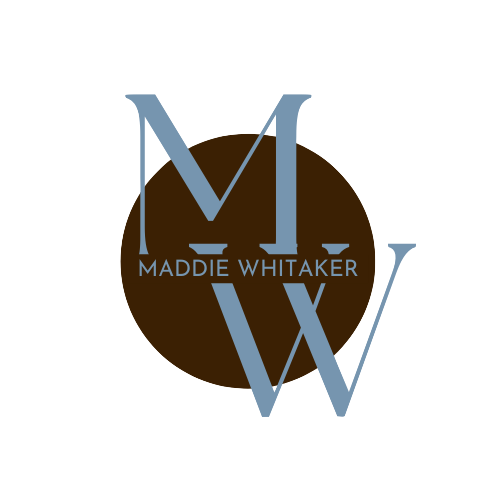Maddie Whitaker
In 2020 alone, over 273 books were challenged by libraries, schools and communities, as reported by the Office for Intellectual Freedom of the American Library Association.
During a Banned Books week panel discussion, coordinator Betsy Garcia said that “A disproportionate amount were challenged over claims of racist, anti-racist, or LGBTQ content that critics either viewed as inappropriate or politically incorrect.”
Marianne Celano, Marietta Collins, and Ann Hazzard, coauthors of children’s book “Something Happened in Our Town,” and Laurin Meyano, creator of children’s book “One of a Kind, Like Me,” have experienced censorship due to the unfortunate relevancy and controversiality of their content, but they said they aren’t discouraged.
“This is a story that needs to be told, censorship or not, we are not going to be silenced,” Collins said.
They believed the restriction served as a disadvantage to future generations, but they also felt it was a “backhanded compliment,” Hazzard said, because at least they had become popular enough to ruffle some feathers.
“Something Happened in Our Town” sought to confront the issue of racial injustice by depicting both a White family’s and a Black family’s perspectives on a police shooting of an African American man. The families discussed racial bias and taught the children how to recognize and counter racial injustice in their own lives. It also included a Note to Parents and Caregivers with procedures for explaining racism to children.
The book was challenged “primarily based on the perception that it has what’s called ‘divisive language’ and that it’s anti-police,” Celano said. Other articles suggested that the book was encouraging black children to fear the police and white children to feel guilty, but the authors stressed that was not the motive.
Instead, they said that kids need to learn their honest history in order to abandon old patterns and adopt new ones. If books that grapple with the uncomfortable continue to be censored, kids will be deprived of the opportunity to make their own decisions.
“When you start telling your kids ‘I only want you to read things that validate my opinion,’ that is no longer education, it is indoctrination,” Jason Reynolds, author of several challenged and banned books, said.
In fact, most of the backlash from these books came from the parents, not the children themselves. “We are not finding that kids are misunderstanding the message of our book,” Hazzard adds.
“One of a Kind, Like Me” was challenged “by parents who were concerned that the book was confusing their children around gender and school board members who said that gender identity politics had no place in schools,” Meyano said.
As a mother of a nonbinary child, Meyano interpreted this challenge as the school saying a child like hers isn’t welcome in the school either.
The panel reached the conclusion that while people found these topics uncomfortable, taboo and controversial, nothing will be resolved if they are not discussed. They suggested it might have even been harmful to deny children the ability to understand and consider on their own the issues society faces. If they can’t be shielded from reality, why shield them from the conversations?
